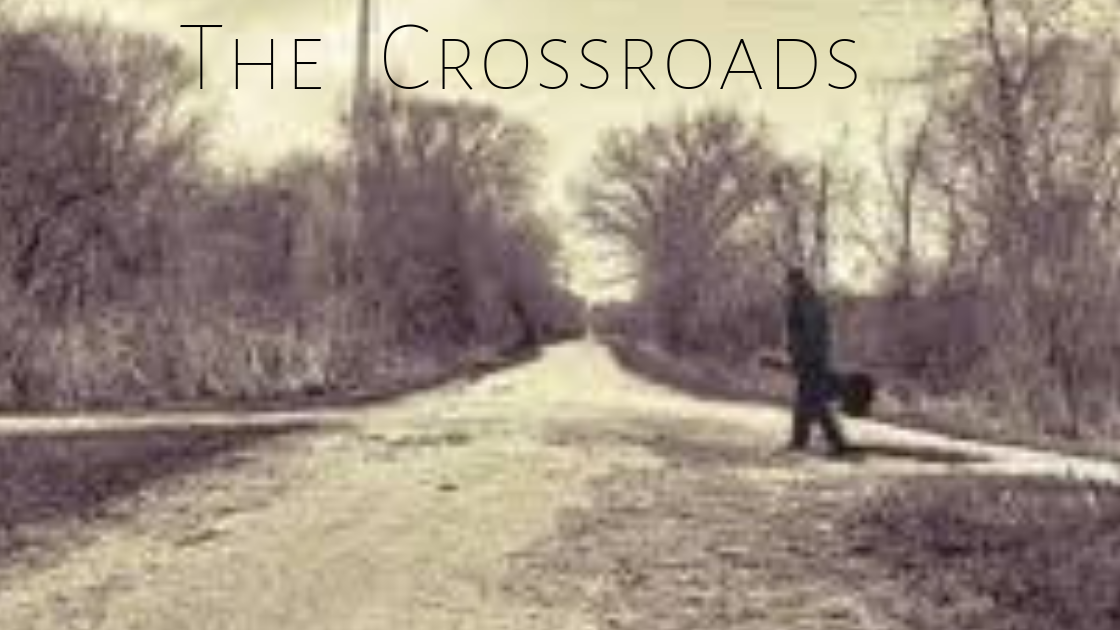We were getting drunk and stoned
down in James’ basement.
While I hoarded the music player
by the pool table that people
fell asleep under.
And this drunk chick brought in this cat
from the backyard,
probably someone’s house cat that
had gotten out, but it didn’t have any tag
so this idiot convinced all the others that it was wild
and should be released back into nature
and even though I knew it complete bullshit,
we all piled into that van.
No one fit to drive,
but someone must have been at the wheel
or fossil fuel-based propulsion
doesn’t work.
Driving to the outskirts of town,
the van didn’t even stop.
Just drove past this heavily forested area
with the side door opened up
so Fluffy or whatever the hell its name was
could be tossed out and introduced
back to the wild.
You realize it’s the height of bear season?
I said.
And there’s coyotes and rattlesnakes
and starving wolf packs.
But no one wanted to hear it.
They had rescued a cat and released
it back into the wild.
Back into its natural habitat.
Then we drove back
to that basement where the whole
mess had started.
More drugs and drink than ever.
A slobbery hook up
in the back room
making a baby when
they didn’t even
know it.
Ryan Quinn Flanagan is a Canadian-born author residing in Elliot Lake, Ontario, Canada with his wife and many bears that rifle through his garbage. His work can be found both in print and online in such places as: Evergreen Review, The New York Quarterly,The Rye Whiskey Review, Outlaw Poetry Network, Under The Bleachers, The Dope Fiend Daily and In Between Hangovers.
Check Ryan's newest book from Marathon Books.
The World Will Not Stop Bleeding












